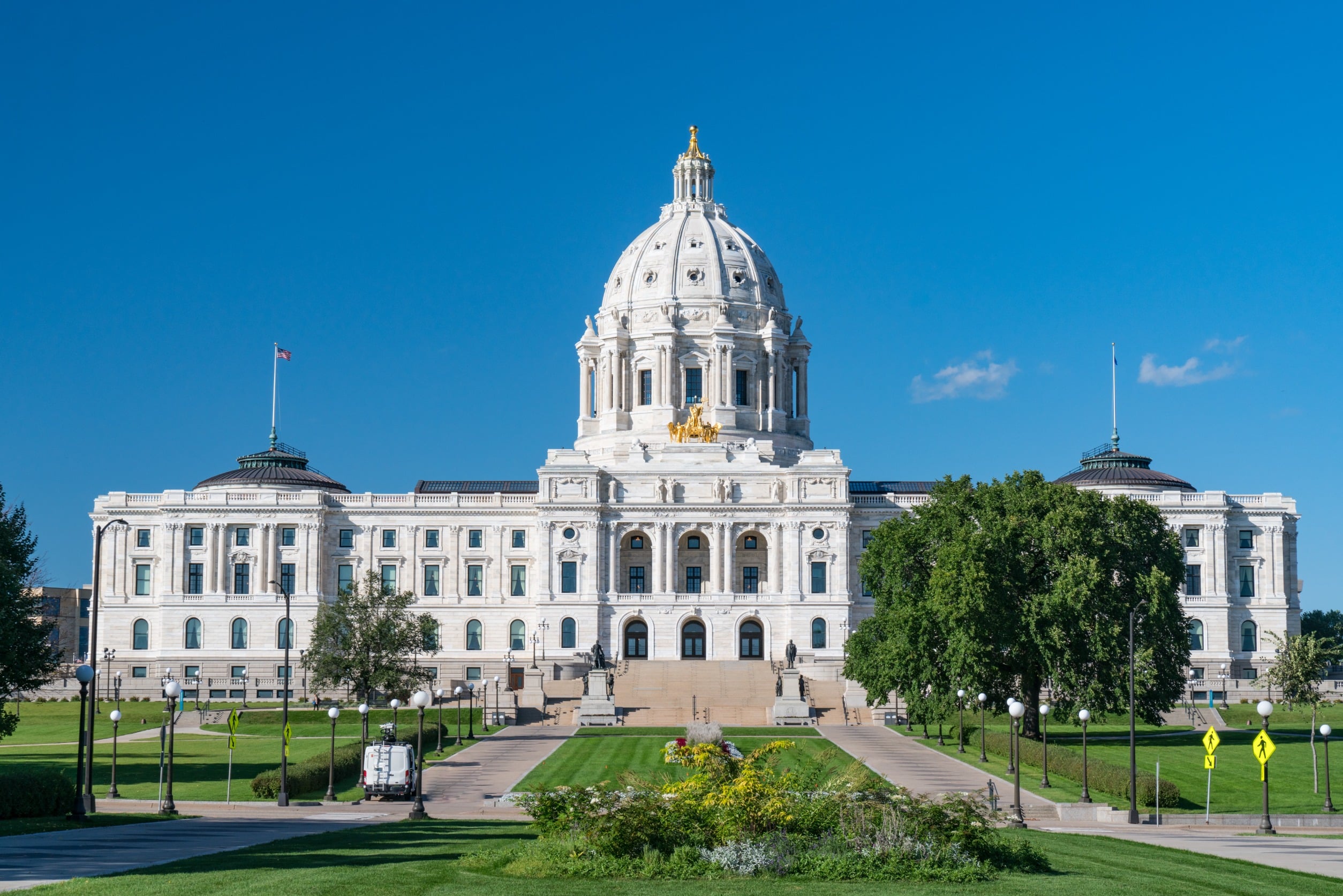Getting arrested during a protest, especially at a prominent location like the State Capitol, can feel like everything is spinning out of control. The moment you’re placed in handcuffs, the situation becomes all too real, and your next steps could have a lasting impact on your future. Whether you were peacefully exercising your right to protest or caught in the chaos of the crowd, you still have rights. It’s essential to understand those rights and how to defend them. Don’t let a single protest define your future—contact Keyser Law, P.A. today to ensure you’re fully represented, and your rights are defended every step of the way.
Understanding the Charges
You may face various charges when arrested during a protest at the State Capitol, depending on the circumstances. Some common charges you might encounter include:
- Disorderly Conduct: This charge is often used in protest situations when individuals engage in disruptive behavior, such as blocking traffic, engaging in physical altercations, or using offensive language.
- Trespassing: If you enter a restricted area or violate the protocol set by the authorities, you could face trespassing charges.
- Resisting Arrest: If you resist arrest, obstruct law enforcement, or refuse to comply with their instructions, you may be charged with resisting arrest.
- Unlawful Assembly: Participating in an assembly that the authorities deem unlawful can result in charges of unlawful assembly.
The Consequences
The consequences of being arrested during a protest at the State Capitol can significantly impact your life. If convicted, you may face:
- Criminal Record: A conviction can result in a criminal record, which can affect future employment opportunities, housing applications, and even your ability to obtain certain licenses or certifications.
- Fines and Penalties: Depending on the charges, you may face hefty fines and penalties, which can put a strain on your finances.
- Probation: The court may impose probation, requiring you to adhere to certain conditions and regularly report to a probation officer.
- Jail Time: In some cases, particularly for more serious offenses, you may face imprisonment, ranging from a few days to several years.
What to Do the Moment You’re Arrested?
- Stay Calm: Avoid panicking. Any form of perceived resistance can lead to additional charges, which only complicates the situation. Staying calm helps minimize risk and shows you’re in control.
- Avoid Sudden Movements: Do not make any movements that could be perceived as resisting arrest. Stay still and follow instructions calmly.
- Identify Yourself: If asked, provide basic information like your name, but avoid over-explaining or making unnecessary statements.
- Remain Silent: Once you’ve asked for your attorney, stay silent. Law enforcement can use anything you say against you later.
- Ask for Your Attorney: Immediately request legal representation. Don’t provide explanations, statements, or answers without a lawyer present.
Secure Your Defense: Speak to a Minnesota Criminal Defense Lawyer Now
Getting arrested at a protest is a stressful and challenging experience, but it’s not the end of the road. With the right legal representation, you can fight back against unjust charges, protect your rights, and get the justice you deserve. Mr. Keyser has a deep understanding of protest-related cases and brings a strategic approach to defending your rights. Whether you’re facing charges of disorderly conduct, trespassing, or resisting arrest, he will work tirelessly to ensure that your voice is heard in court. Contact us online or call us at (612) 338-5007 for a consultation.







